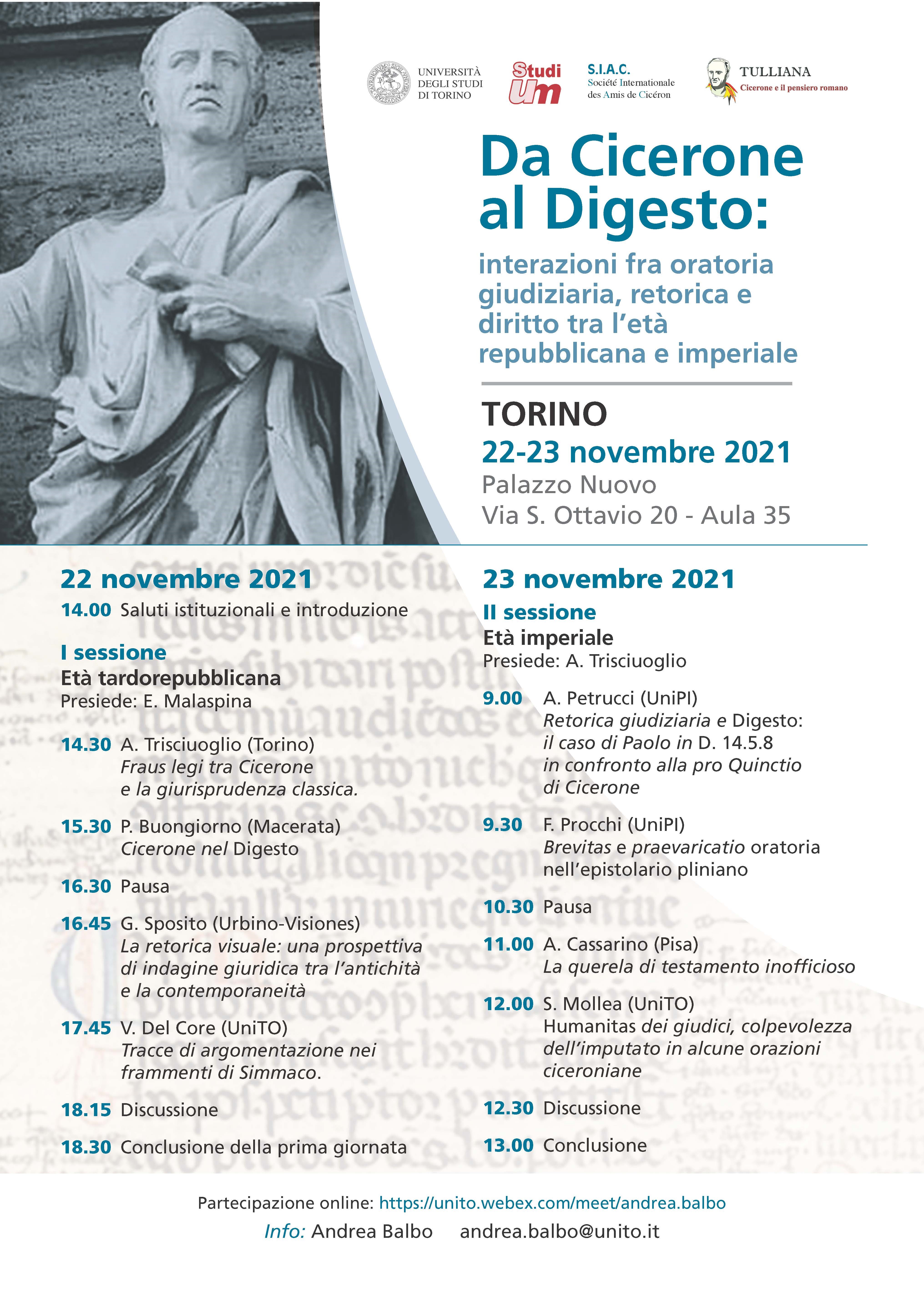Traces of Argumentation in the Oratory Fragments of Symmachus
DOI:
https://doi.org/10.13135/2532-5353/7268Abstract
The orations of Quintus Aurelius Simmachus can only partly be studied within the framework of classical rhetorical analysis. This is for several reasons: first and foremost, because of the fragmentary state of the texts themselves, an element that makes their interpretation difficult, and even more so because of the numerous challenges in reconstructing the texts. Moreover, Simmachus’s speeches exhibit a blending of genres or blurring of generic lines that is common currency in Late Antiquity. In fact, three of the eight speeches are panegyrics (two dedicated to Valentinian I and one to Gratian) and, although at first glance they appear to respect the rules of the genre, at the same time, they reveal peculiarities within them that make them not entirely comparable to other extant encomia in the sylloge of twelve panegyrics attributed to various (not always identifiable) authors between the end of the 3rd and 4th centuries. In light of this, it is not surprising that Simmachus’s eulogies of emperors, although not formally required to persuade an audience, may contain elements typical of judicial and deliberative orations. Persuasion is not an easy task in this context, given that the praise of the princeps must harmonise with the ideological positions that the pagan senatorial aristocracy, deeply tied to a nostalgically republican vision, continued to uphold, despite their progressively diminishing role within the Roman state apparatus. Simmachus employs various argumentative strategies ranging from the usual deployment of sententia and the apposite exemplum, as well as devices like amplification—all of which follows in the tradition of epideictic discourses outlined in Aristotle's Rhetorica. Finally, beyond the purely technical aspect, the paper also aims to show how the structure of Simmachian argumentation is influenced by the political training of the orator, an aspect which draws inspiration from an authentically Ciceronian vision of oratory.
Downloads
Downloads
Published
How to Cite
Issue
Section
License
Authors who publish with this journal agree to the following terms:
- Authors retain copyright and grant the journal right of first publication with the work simultaneously licensed under a Creative Commons Attribution License that allows others to share the work with an acknowledgement of the work's authorship and initial publication in this journal.
- Authors are able to enter into separate, additional contractual arrangements for the non-exclusive distribution of the journal's published version of the work (e.g., post it to an institutional repository or publish it in a book), with an acknowledgement of its initial publication in this journal.


 Ciceroniana On Line is recognised by ANVUR (the National Agency for the Evaluation of the University System and Research) as a CLASS A journal for the Sciences of Antiquity, Philology, Literature and History of Art (
Ciceroniana On Line is recognised by ANVUR (the National Agency for the Evaluation of the University System and Research) as a CLASS A journal for the Sciences of Antiquity, Philology, Literature and History of Art ( The journal is included in DOAJ. The DOAJ listing of the journals is available at
The journal is included in DOAJ. The DOAJ listing of the journals is available at  The journal is indexed in
The journal is indexed in  The journal has been included in ERIH PLUS. The ERIH PLUS listing of the journals is available at
The journal has been included in ERIH PLUS. The ERIH PLUS listing of the journals is available at 

